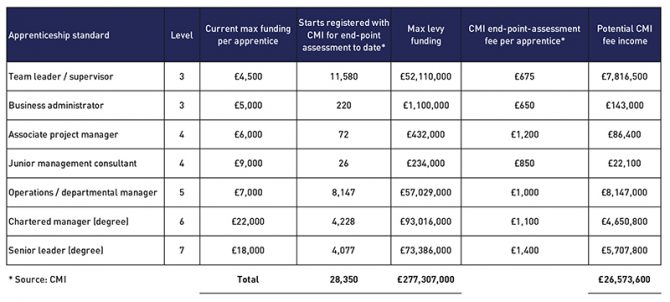A college has been moved into FE Commissioner intervention after it breached a bank covenant and had to reclassify a near £10 million loan.
Coventry College, which teaches around 6,000 learners, had a financial notice to improve published today after the Education and Skills Funding Agency (ESFA) assessed its finances as ‘inadequate’.
The college’s accounts for 2018/19 show a surplus of £185,000, having previously recorded a deficit of £711,000.
And its cash flow also improved from £1,256,000 in 2017/18 to £1,914,000 in 2018/19.
However, the accounts state that the college has “identified that the refinancing of an existing loan, due at 1 August 2020, presents a threat to the financial viability of the college”.
“In particular, if the refinancing of the loan is not completed by 1 August 2020 the College would not have sufficient funds to redeem the outstanding loan,” they continue.
The loan, which totals £9.414 million, has now been classified as a current liability “which contributes significantly to the current liability position of £7.975 million”.
However, the financial statements say, Barclays bank “has remained supportive and has on 23rd December 2019, issued a letter of comfort indicating that the outstanding loan will not be required to be immediately repaid due to the covenant breach”.
Discussions with the bank regarding the refinancing are “ongoing” and the “underlying financial health of the college is robust with projected resources and cash balances adequate to fund continuation of operations for the foreseeable future”.
The accounts add that the corporation and senior leadership team are “mindful of their responsibility for ensuring the solvency of the college,” and are confident the refinancing will be completed in advance of the due date.
As a result of today’s notice to improve, the grade three college is now required to meet additional conditions of funding with the ESFA.
These include allowing FE Commissioner Richard Atkins’ team undertake an independent assessment of the college’s capabilities, and prepare and share a draft financial recovery plan.
A spokesperson for Coventry College told FE Week: “We were issued with a notice to improve from the ESFA as a result of the leadership team working proactively with our external agencies to alert them to our financial position for the 2019/20 academic year.
“We continue to work closely with those external agencies including the FE Commissioner’s team to demonstrate transparency around our plans for recovery and financial improvement.”
The spokesperson also said the college has continued to make improvements as identified by Ofsted in its grade three report from September 2019.
They added: “While we continue to focus our efforts on this year’s financial position, of which there are a number of exceptional one-off costs, we are simultaneously modelling the academic year 20/21 and 21/22.
“The outcomes of this work are forecasting improvements for the college’s finances which will ensure that we are a sustainable entity which serves the needs of the community and region.”
The college declined to provide an update on its discussions with Barclays.

